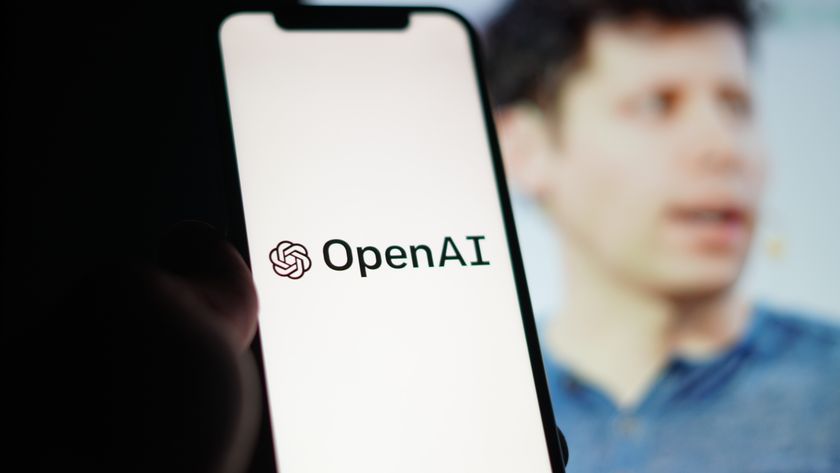Machine learning: more than a buzzword
Understanding the latest evolution in analytics

The IT industry has a severe case of Buzzword compliance. It is now compulsory for businesses to drop in words such as “machine learning,” “artificial intelligence,” or “deep learning” to invigorate any conversation around analytics.
Unfortunately, this can make it harder to understand the real benefits that the latest evolution in analytics can bring.
Jargon demystified
To help the uninitiated, let us start by explaining some of the jargon:
Artificial intelligence (AI) is a capability. John McCarthy first used the term in 1956 to describe machines that are capable of doing tasks that are characteristic of human intelligence.
Machine learning (ML) is a process. Arthur Samuel coined the term in 1959 to describe the variety of computational methods that are capable of creating AI, by learning and undertaking specific tasks without being explicitly programmed to do so.
Deep learning (DL) is a specific ML technique. Many others exist. When people say they’re “doing AI” or “researching DL,” essentially, they are doing machine learning.
Machine learning in its essence is just another tool in the analytics toolbox. But let’s not downplay its importance. Done right, machine learning extends our ability to forecast and make decisions across a wider range of use cases than hitherto possible.
Are you a pro? Subscribe to our newsletter
Sign up to the TechRadar Pro newsletter to get all the top news, opinion, features and guidance your business needs to succeed!
When it comes to embedding intelligence to the enterprise, often it is around prediction and decision making. It’s widely acknowledged that businesses need to evolve beyond simple dimensional analysis such as dashboards and develop a predictive capability to achieve increasingly valuable business outcomes.
Why machine learning?
Fortunately, mathematics provides some highly effective methods to help solve complex prediction and decision making problems. So, it begs the question, if we already have effective methods available, what use is machine learning?
NASA has managed to predict the behaviour of satellites so well that it is still controlling them from a distance of 21 billion kilometres, 41 years after they have been launched. Therefore, you’d think solving terrestrial business problems would be a cinch. But this isn’t necessarily the case.
To make a sensible decision or an accurate prediction, one has to have a model – an understanding of the problem that needs to be addressed. While NASA’s problems seem absurdly intractable, they are able to solve them because centuries of scientific learning have provided them the requisite models, expressed as mathematical equations. Classical analytical techniques are incredibly effective when we have a thorough mathematical understanding of the problem.
Machine learning vs. analytics
Conversely, we rapidly run out of analytical steam when we lack this mathematical understanding of the problem. Want to find an equation to describe how gravity behaves? No problem. Need to find an equation to determine how a group of consumers behave? Best of luck! This is where machine learning adds value. It enables mankind to find solutions to problems that we don’t understand sufficiently well to use existing analytical methods.
Machine learning methods differ in that the models they build are invariably simple, only needing to form an understanding of the specific problem at hand. These models are derived directly from observations from relevant data sets they are exposed to, and not centuries of scientific learning.
Machine learning should not be seen as a replacement for classical analytical approaches. Rather, it is a useful extension to enable more accurate answers to be obtained to existing questions, or completely new kinds of questions to be asked. In a toolbox comprised of specific purpose tools, machine learning is the swiss army knife. With its multi-functions, it’s not a tool the skilled analytical craftsperson should immediately reach for, but one they are happy to have when all conventional tools have proven inadequate.
Paul Fermor, UK Solutions Director at Software AG
- We've also highlighted the best AI platforms for business
Paul Fermor is the UK Solutions Director at Software AG. He specialises in the solution of business problems with a rich data theme via the use of data analysis and system design, implementation & optimisation.















